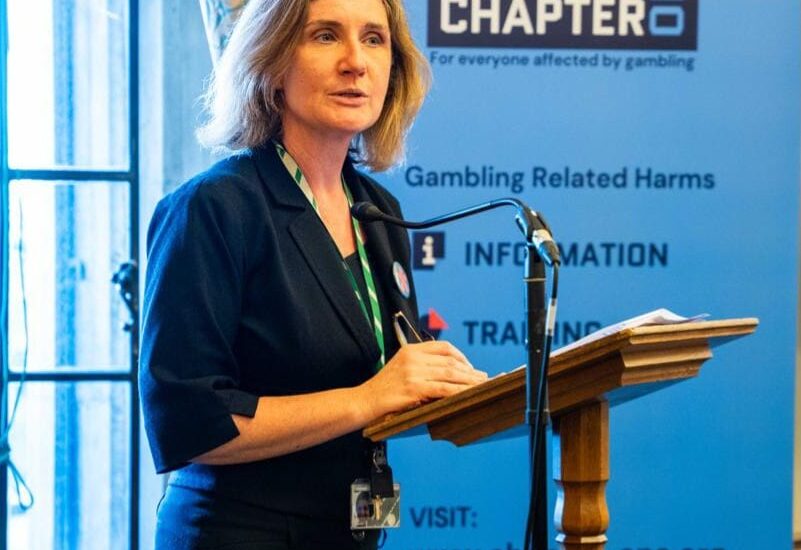If £2 billion in public health costs were the result of a contaminated consumer product, urgent national action would follow. Yet because gambling harms are often obscured and framed as matters of individual behaviour, they remain under-addressed.
Gambling is seen as part of our cultural landscape with betting shops and gambling advertising so familiar as to go unquestioned. However, as both a public health doctor and a Member of Parliament, I believe we need to reframe our national approach from one focused on individual responsibility to one that recognises gambling as a public health issue shaped by systems, environments and commercial practices.
The gambling sector has evolved dramatically over the last two decades, while regulation has struggled to keep pace. Operators use real-time data to personalise incentives and encourage continued play. The concept of “responsible gambling” sounds reasonable, but in practice it diverts attention from an industry where profit is often closely linked to harm. Official figures show that 2.5% of the population – around 1.3 million people – are at high risk of gambling-related harms, such as financial strain, psychological distress, relationship breakdown, housing insecurity, crime and suicidality.
International evidence suggests that the burden gambling places on health and wellbeing is comparable to major depressive disorder or alcohol misuse. And the impact extends well beyond the individual. Research indicates that for every person experiencing serious harm from gambling, six others – partners, children, friends or colleagues – may also be affected.
We need to move to a more preventative approach, including product regulation, advertising restrictions, and better controls on availability.
A crucial first step would be to move overall policy responsibility from the Department for Culture, Media and Sport to the Department of Health and Social Care. The outdated 2005 Gambling Act should also be reviewed to ensure our laws reflect the reality of smartphone-based gambling and digital risk. And local authorities must be given the ability to limit the concentration of gambling premises, including removing the current legal duty to permit licences in almost all cases.
We have addressed challenges like this before, in tobacco control, for example. The evidence on gambling harm is likewise overwhelming. The only question now is whether we want to shield harmful industries or act to protect the public.



